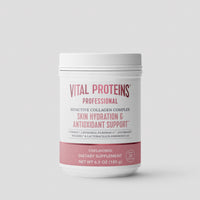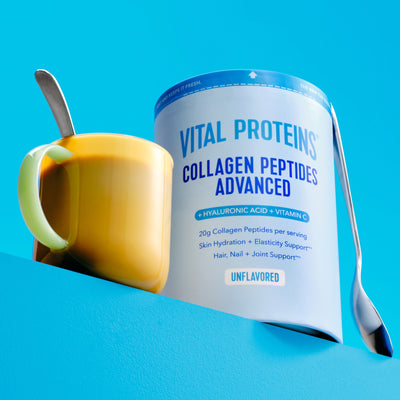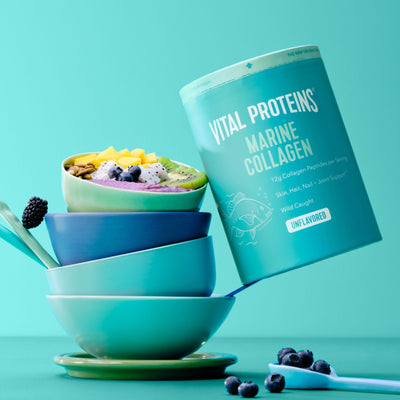Ariel Johnston, RD, LD, is the creator of The Tasty Balance. Here, she writes about what dietitians want you to know.
1. Don’t go to Google for nutrition information.
Car trouble? You go to a mechanic. Need help with your taxes? You go to an accountant. If you have a nutrition-related issue or question, dietitians are your go-to! Registered Dietitians are experts that have the education and training that ensure you get the credible advice and help you need. If you do turn to the internet for nutrition advice, be sure to look for articles and blog posts written by RDs. Otherwise, you may end up feeling more confused than you were at the start of your search.

2. There is more to food than just the calories they contain.
Don’t let your focus be solely on the calories a snack or meal contains or if this food will help you gain or lose weight. Food has so much more to offer than just calories and considering the other benefits of food provides a healthier perspective. You need a balanced diet of foods that contain healthy fats, protein and carbs. You also need food (and thus calories) to fuel your day and wellness goals.
Frequently, health benefits are improved when foods are combined; this is called food synergy. For example, studies have found that to increase your body’s ability to absorb iron from plant-based foods (such as spinach) you should pair them with foods high in vitamin C (such as orange juice or bell peppers).
3. Carbs aren’t evil.
Carbohydrates fuel every organ in our bodies and are essential when it comes to exercise. Our bodies store carbohydrates as glycogen, providing energy to muscles during a workout. After we exercise, those energy stores need to be replenished with carbohydrates to prevent our bodies from breaking down muscle protein for energy and help us recover. This is why the day after an intense workout, you may crave bread. It’s your body’s way of telling you what you need!
4. A balanced diet is usually the best diet.
Generally speaking, dietitians promote a well-rounded, balanced diet and don’t recommend eliminating food groups. Things that belong in your diet are macronutrients (carbs, fat and protein) and micronutrients (vitamins and minerals). Things that don’t belong in your diet are stress, guilt or shame around what you’re eating or not eating. Those feelings inevitably happen when restriction is part of your diet.
5. Avoid fad diets.
All those fad diets are just that—fads. Eating healthy can and should taste great and be sustainable. Yes, nutrition information can be super confusing, especially when the latest fad diet is making promises about how much better your life will be if you eat a certain way. If you are feeling overwhelmed, just remember the basics: Make half your plate fruits and vegetables, eat lean proteins, include healthy fats, limit processed foods and make most of your grains whole grains. A good rule of thumb: everything in moderation.
Vital Note: This article has been made available for informational and educational purposes only. It is not intended to be a substitute for professional medical advice, diagnosis, or treatment. Always seek the advice of your physician or another qualified health provider with any questions you may have regarding a medical condition. Your licensed healthcare professional can best provide you with the diagnosis and treatment of any medical condition and assist you as well in deciding whether a dietary supplement will be a helpful addition to your regimen.



















